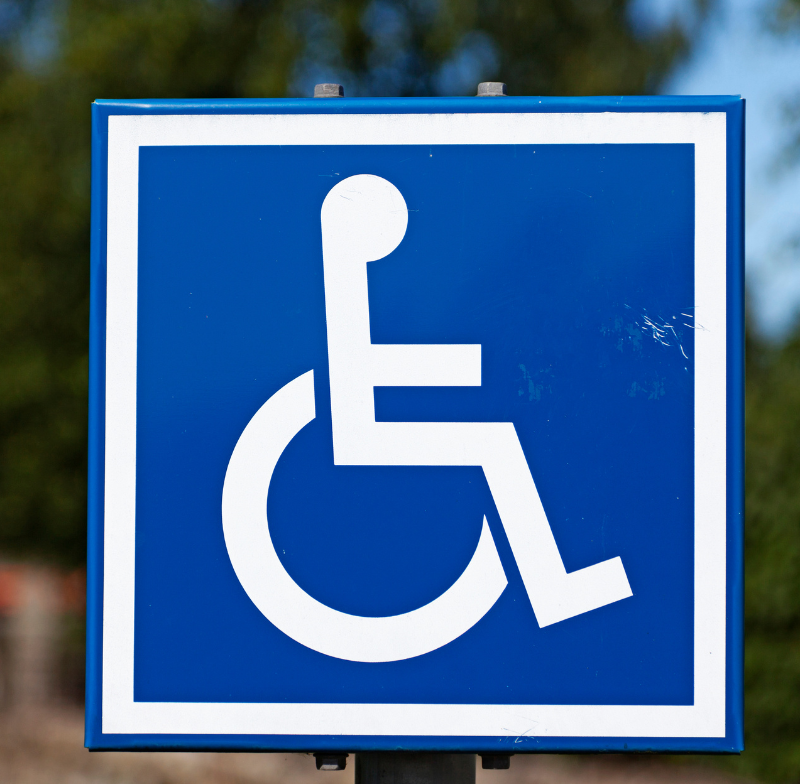The Blue Badge scheme in the UK is designed to help individuals with disabilities or health conditions access parking more easily. The badge grants specific rights and privileges that make travel more convenient for those who struggle with mobility. However, badge holders must also follow certain rules and responsibilities to ensure the scheme is used correctly and fairly. This guide covers everything you need to know about how to use your Blue Badge, where you can park, the cost of parking, and whether the rules are the same across the UK.
Your Rights as a Blue Badge Holder
Holding a Blue Badge comes with several key rights that enable easier parking and access to services. One of the primary benefits is the ability to park closer to your destination, reducing walking distances and providing greater convenience. In many cases, Blue Badge holders can park free of charge and for longer periods than standard parking regulations allow. The rights extend to:
- Parking on single or double yellow lines for up to three hours, provided there are no loading restrictions.
- Free parking in many pay-and-display bays and metered parking areas.
- Access to disabled parking bays in public areas, supermarkets, and shopping centres.
- Some exemptions from congestion charges in certain cities.
- Use of designated disabled parking spaces in hospitals and other medical facilities.
Rules for Using Your Blue Badge
While the Blue Badge provides many advantages, it is essential to follow the rules to avoid fines or potential misuse allegations. Holders must ensure that:
- The badge is always displayed correctly, with the expiry date and hologram visible.
- The accompanying clock is set correctly when parking on yellow lines.
- The badge is not used by someone else when the holder is not present.
- Parking is done legally and without obstructing roads, pavements, or emergency access areas.
- The badge is not used in restricted zones such as pedestrian-only streets, certain red routes, or areas marked with specific loading restrictions.
Responsibilities of a Blue Badge Holder
Along with the benefits come important responsibilities to ensure the badge is used appropriately. Misuse of a Blue Badge can result in fines, confiscation, or prosecution. The responsibilities include:
- Only use the badge when the registered holder is in the vehicle, either as a driver or passenger.
- Renewing the badge before its expiration date.
- Informing the issuing authority if the badge is lost, stolen, or no longer needed.
- Keeping the badge in good condition and avoiding tampering or alterations.
- Reporting any misuse by others to the local council.
Where You Can Park with a Blue Badge
Understanding where you can and cannot park is crucial for making the most of your Blue Badge while staying within the law. Here are some of the key places you can park:
- Disabled Parking Bays: Most towns and cities provide designated disabled parking spaces in car parks, streets, and shopping centres.
- Single and Double Yellow Lines: Parking is allowed for up to three hours unless there are specific restrictions.
- On-Street Pay-and-Display Bays: Many local councils allow Blue Badge holders to park for free in these areas.
- Council Car Parks: Policies vary by area, but many offer free or discounted parking for Blue Badge holders.
- Supermarkets and Retail Parks: Many private parking facilities have designated disabled spaces, but it is essential to check the signage for any specific restrictions.
Places where you cannot park include:
- Loading Bays: These are reserved for commercial vehicles loading and unloading goods.
- Bus Stops and Clearways: Parking in these areas can obstruct public transport and emergency access.
- Private Car Parks: Unless specified, private facilities may still require payment or have their own restrictions.
- Areas with Loading Restrictions: Marked with yellow stripes and signs indicating no loading at certain times.
The Cost of Parking for Blue Badge Holders
One of the main advantages of the Blue Badge scheme is free or discounted parking in many areas. However, parking costs vary depending on the location and whether the car park is council-owned or privately operated. Some areas allow unlimited free parking, while others may have time restrictions even for Blue Badge holders. It is always advisable to check the local signage and council website to confirm any charges.
Some London boroughs and major cities have additional restrictions, and badge holders may still be required to pay in certain private car parks. If parking in a private car park, always check the terms and conditions to avoid penalties.
Are Blue Badge Rules the Same Throughout the UK?
While the Blue Badge scheme operates across England, Scotland, Wales, and Northern Ireland, some rules vary by region. In Scotland and Wales, for example, there may be different policies regarding free parking in council-owned car parks. London also has additional regulations, particularly concerning the congestion charge and parking restrictions in high-traffic areas. Badge holders should check with local councils when travelling to unfamiliar areas to ensure compliance with specific rules.
Using Your Blue Badge Abroad
If you are planning to travel outside the UK, many European countries recognize the Blue Badge under the EU Disabled Parking Card scheme. However, individual countries may have different regulations, so it is advisable to research the parking rules for your destination before travelling.
Avoiding Blue Badge Fraud and Misuse
Blue Badge misuse is taken seriously, and councils actively monitor for fraudulent activity. Common forms of misuse include:
- Using a badge that has expired or belongs to someone else.
- Letting friends or family use the badge when the holder is not present.
- Altering or copying a badge to extend its validity.
Penalties for misuse can include fines of up to £1,000, confiscation of the badge, or even prosecution. If you suspect someone is misusing a badge, you can report it to your local council.
How to Apply for or Renew a Blue Badge
If you believe you are eligible for a badge, you can apply through your local council. The application process requires proof of eligibility, such as medical evidence or disability benefits. A fee is typically charged, which varies by region (usually around £10 to £20). Badges are valid for three years, and renewal should be done before expiration to avoid any gaps in eligibility.
The Blue Badge scheme is an invaluable resource for individuals with mobility challenges, providing crucial access to convenient parking and reducing travel difficulties. By understanding your rights, following the rules, and taking on the responsibilities of a badge holder, you can ensure that the scheme remains effective and accessible to those who need it most. Always check local regulations when parking and be mindful of any restrictions to avoid fines or penalties. With proper use, your badge can make everyday travel significantly more manageable and stress-free.
Featured Image by Jakub Pabis
Discover more from The Blue Badge Blog
Subscribe to get the latest posts sent to your email.




Leave a Reply